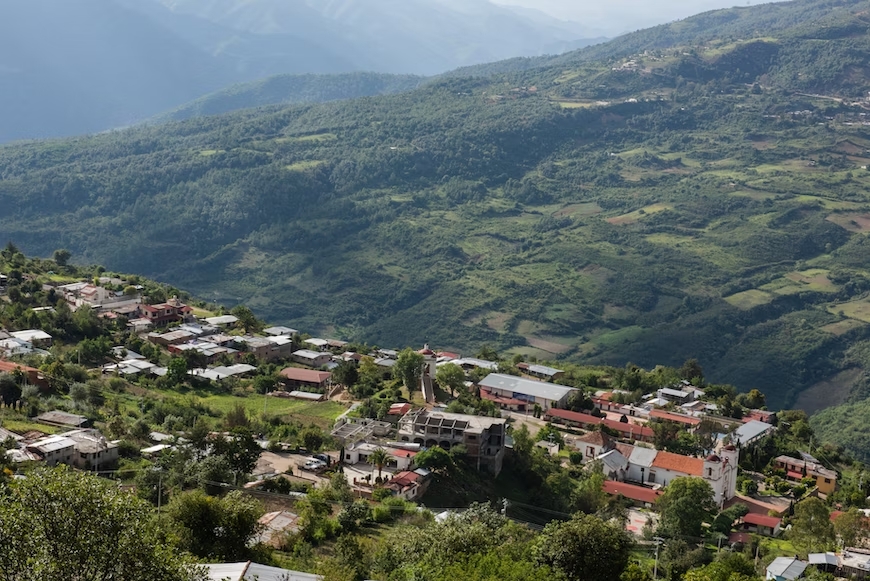Today, which is World Environment Day, we would like to talk about the importance of sustainable development in the real estate field to benefit the well-being of all living species on the planet and the natural resources it provides us.
Population growth in Mexico and worldwide has led to greater demand for housing, which implies greater spending on water, energy, and natural resources, as well as the extension of urbanization in natural areas. It is no secret to anyone that the accelerated development of cities has led to immoderate consumption of resources, which has resulted in exceeding the estimated amount of resources that had been considered for a given period, in addition to the notable impact on the environment.
Given that the problem of contamination, the excessive use of resources, and the shortage of water is global in nature, it had to be given more attention by the governments of the countries, and this is how in 1982 it was established for the first time The term “sustainable development” in the document known as the “Brundtland Report” or “Our Common Future” presented by the former Norwegian Prime Minister, Gro Brundtland, within the World Commission on Environment and Development, created by the United Nations. Said document defines “sustainable development” as “…that which satisfies the needs of the present without compromising the needs of future generations” (UN).

From then until now, the countries have had the task of complying with the norms that are established in each summit or meeting concerning sustainable development. Mexico, for its part, has also participated in them, which is why programs and regulations have been created internally that seek to reduce climate change and promote sustainable development.
Until a few years ago, the housing trend in Mexico did not follow any sustainability protocol, however, more importance has now been given to it and this term has actually been applied to new real estate developments.
According to data from the North American Commission for Environmental Cooperation, buildings are responsible for 17% of total energy consumption, 5% of total water consumption, 25% of total electricity consumption, 20% of carbon dioxide emissions, and 20% of the waste generated.
These data give us an idea of the great impact that buildings generate on the environment, which derives the importance of new buildings being developed following the parameters of sustainability.

Thus, according to the same standards established by the United Nations, certifications for sustainable buildings have been implemented, and there are different organizations that grant said certifications, their objective is to guarantee that the building in question is “green or sustainable”, which is defined as the use of environmentally friendly (environmentally advantageous or environmentally preferable) practices and materials in the planning, design, siting, construction, operation, and demolition of buildings. The term is applied both to the renovation and reconditioning of pre-existing buildings and to the construction of new buildings, whether residential or commercial, public or private (CCA, 2008, p.4).
The certifications add value to real estate developments, as they reflect their commitment to the environment and care about future generations’ well-being.
What are these certifications? How to get them? We will talk about it in a future article.
Written by LMI. Jessica Hernandez.
Bibliography:
- Comisión para la cooperación ambiental. (2008). Edificación Sustentable en América del Norte. Informe del Secretariado al Consejo conforme al artículo 13 del Acuerdo de Cooperación Ambiental de América del Norte. Montreal: Comisión para la Cooperación Ambiental. p.4, 22, 124-125.
- Informe Bruntland . Documentación de las Naciones Unidas (s.f.). Recuperado el 5 de junio de 2023 de http://www.un.org/depts/dhl/spanish/resguids/specenvsp.htm
